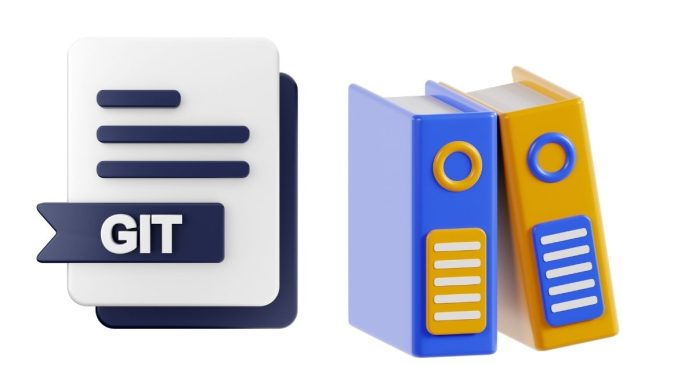In Git, branches allow developers to work on separate features, fixes, or experiments without affecting the main codebase. Often, you may need to compare files from two different branches to review changes, resolve conflicts, or verify updates. Git provides several ways to perform this comparison, either using the command line or graphical tools.
This article explores different methods to compare files between branches in Git.
1. Compare Entire Files Between Branches
Using git diff
The git diff command can compare files across branches. To compare all changes between two branches:
branch1andbranch2are the names of the branches you want to compare.- This command shows the differences in all files between the two branches.
Example:
This compares the main branch with feature-branch and outputs all differences in the files.
2. Compare a Specific File Between Branches
To compare a single file between two branches:
- Replace
path/to/filewith the relative path to the file you want to compare.
Example:
This shows the changes in src/app.js between main and feature-branch.
3. Compare a File Against Its Version in Another Branch
Sometimes, you want to see how a file in your current branch differs from its version in another branch.
- Here,
branchis the branch you want to compare against.
Example:
This compares src/app.js in the current branch with its version in feature-branch.
4. Use git log to Find Differences
The git log command can show changes made to a specific file in each branch. Use it to inspect a file’s commit history.
- This displays commits that have modified the file in
branch2but not inbranch1.
Example:
This lists commits affecting src/app.js in feature-branch that are not in main.
5. Comparing Files with Merge Tools
Git supports external merge and diff tools for visual comparison of files. For instance, you can use tools like kdiff3, meld, or vimdiff.
Steps to Compare Using a Merge Tool
- Set up a merge tool in Git:
Replace
meldwith your preferred tool. - Compare a file between branches:
Example:
This launches the merge tool to visually compare src/app.js in main and feature-branch.
6. Comparing Files Using GUIs
Several Git GUI clients allow file comparison between branches, providing an intuitive interface. Popular tools include:
- GitKraken
- SourceTree
- GitHub Desktop
Example: GitKraken
- Open your repository in GitKraken.
- Select the two branches you want to compare.
- View the list of changed files and their differences in a visual diff tool.
7. Comparing Files on GitHub or GitLab
If your repository is hosted on GitHub, GitLab, or a similar platform, you can use their web interface to compare files:
GitHub
- Navigate to your repository.
- Click Pull requests > New pull request.
- Select the two branches to compare.
- GitHub shows a side-by-side diff of all files changed.
GitLab
- Navigate to your repository.
- Click Repository > Compare.
- Select the source and target branches.
- View the file differences.
8. Comparing Staged or Unstaged Changes
Sometimes, you might want to compare a file in the working directory or staging area with its version in another branch.
Compare Working Directory with Another Branch:
Compare Staged Changes with Another Branch:
Best Practices for Comparing Files
- Use Visual Tools for Complex Diffs: When reviewing complex changes, visual tools like
meldor GitHub’s interface make comparisons easier to understand. - Focus on Specific Files When Possible: Narrowing down the comparison to specific files reduces noise and improves efficiency.
- Automate Reviews with Pull Requests: Platforms like GitHub and GitLab offer tools to streamline branch comparisons during code reviews.
Git provides a variety of methods to compare files between branches, from simple command-line tools like git diff to advanced GUI tools and web-based platforms. For quick checks, git diff is a powerful and versatile option. For detailed reviews or collaboration, visual tools and hosted Git services like GitHub or GitLab offer intuitive interfaces to streamline the process.
Choose the method that best fits your workflow and project requirements. With these tools and techniques, you can efficiently track changes, resolve conflicts, and ensure high-quality code in your projects.


